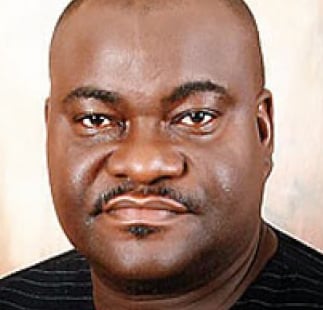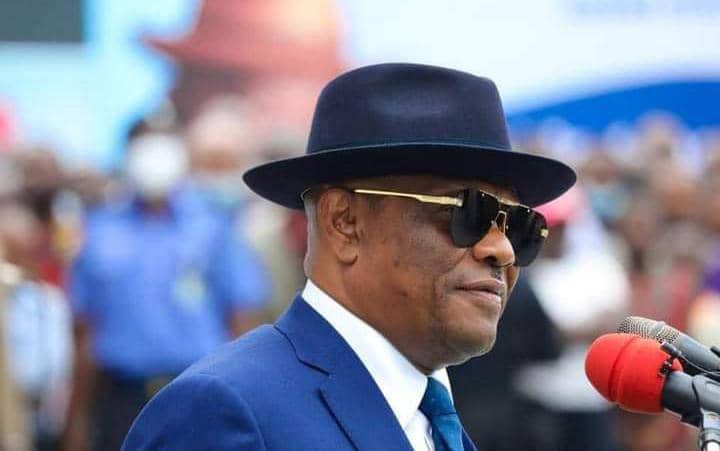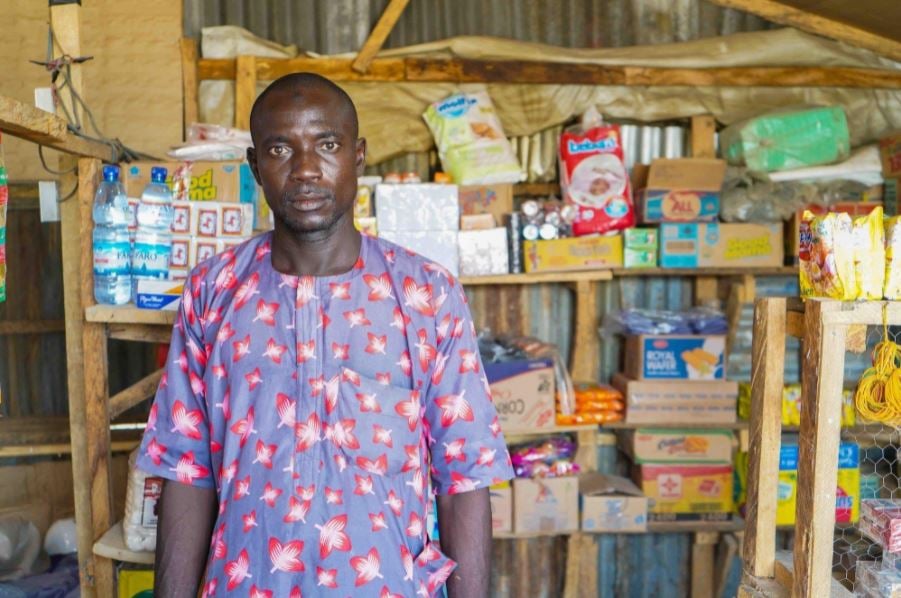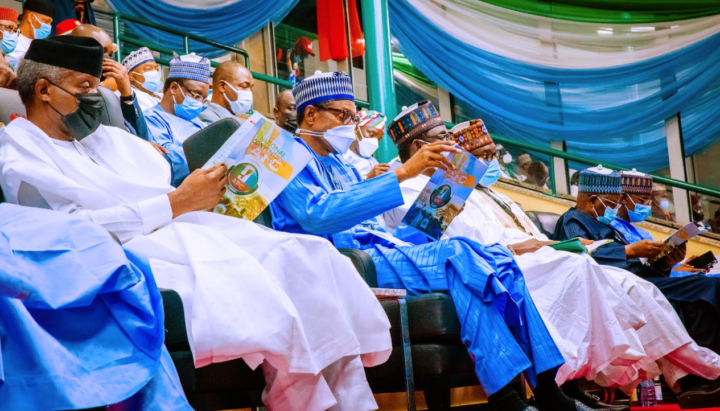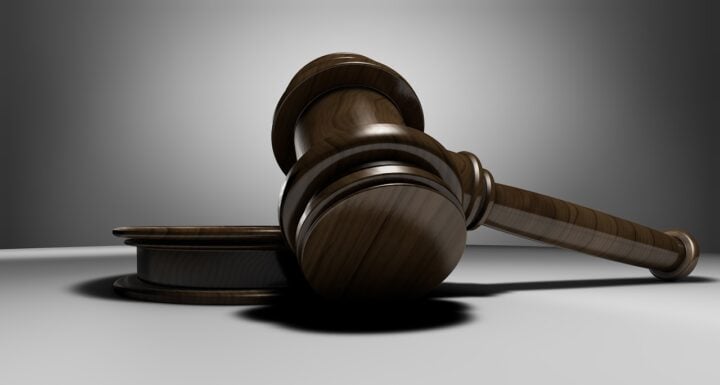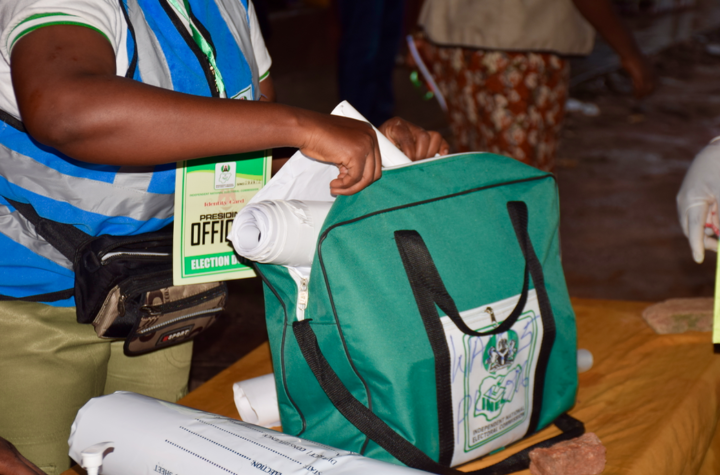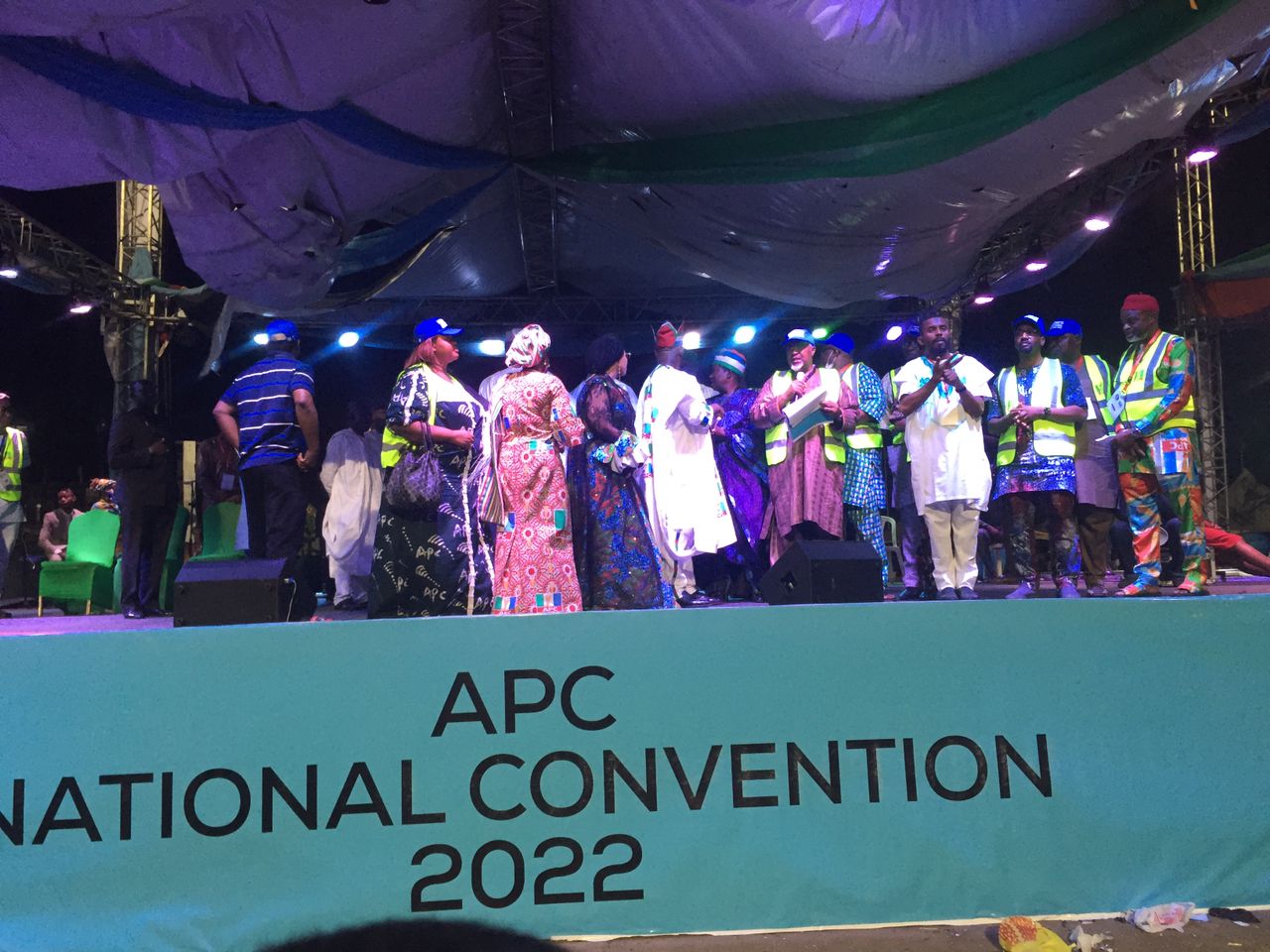Since my inaugural visit to Rivers state in 1984 at the instance of my good friend and classmate at the University of Ilorin, Blessing Barikui Wikina, the capital city Port Harcourt, has always had a very special appeal for me. I was Wikina’s guest again at the yuletide in 1985 where I opted, as a member of the National Youth Service Corps (NYSC) next door in Owerri, Imo state, to spend the holidays rather than travel to my home state. We toured Kono and Wiyakara in Ogoniland, not forgetting the parties we attended in Isiokpo and other places.
The people of Rivers state have this welcoming, friendly, fun-loving property in their DNA, which keeps visitors coming. Duncan Mighty, one of Nigeria’s successful musicians alluded to that captivating essence of Rivers state in his hit song, ‘Port Harcourt Son’. He says in one line of the lyrics “oyibo no fit go“. This speaks to the enchanting allure of the state and its capital city even to expatriates, who savour their residency in the folkloric “Garden City” of Port Harcourt, so much so, that they never want to return to their home countries even at the expiration of their contracts. Incidentally, Duncan Mighty, in his song, lists a number of movers, shakers and shapers of sociopolitical activities, in the geopolity. These include Nyesom Ezenwo Wike, governor of Rivers state, who is the subject of this piece.
A few days back, the media was in overdrive, ignited by a verbal fracas between Wike and the deputy governor of Edo state, Phillip Shaibu on one hand, and between Wike and Godwin Obaseki, the Edo state governor, on the other hand. At one of the very regular public functions which Wike serially hosts in Rivers state, he shot at the Edo state number two man, who in an interview he granted, complained about certain unpleasant developments in the the Peoples’ Democratic Party (PDP) in Edo state. He noted that the party had not been as accommodating as it pledged to be when his boss, Obaseki, and his political structure crossed over from the All Progressives Congress (APC) which denied them a return ticket. He hinted that the supporters and structures of the Obaseki/Shaibu leadership may yet seek a foothold elsewhere.
Wike railed at Shaibu and his principal, Obaseki, describing them as ingrates. His outburst was unnecessarily hurtful and condescending especially when he described Shaibu as a “common deputy governor”. This was at an event where his own deputy, Ipalibo Harry Banigo, a distinguished lady and medical doctor in her own right, was in attendance. He reminded them that they sought refuge under the canopy of the PDP when they were on the verge of political annihilation by the super powers of the All Progressives Congress, (APC). “Both men have become so haughty now,” Wike opined, “that they are dreaming of dumping the umbrella under which they got umbrage, when the rains threatened”. The brick bats rose to a crescendo when Obaseki joined the fray in defense of his deputy. Things seem to have quieted somewhat, though, with suggestions that Wike and Obaseki have made up.
Advertisement
Wike’s recent engagement with Obaseki/Shaibu is not the first time he will raise his voice on national political issues. His contestations with his immediate predecessor, Rotimi Amaechi, the incumbent minister of transportation, have lasted since the advent of the incumbent administration. He squared up with Hope Uzodinma of Imo state, describing him a “supreme court governor”, with due reference to the historic and legally controversial circumstances of Uzodinma’s ascent. His faceoff with his Ebonyi state counterpart, David Umahi, accentuated by the latter’s ship-crossing from the PDP to the APC late 2020, is also well documented. The recent court judgement to the effect that Umahi and his deputy cannot continue to hold office having jettisoned the political platform which privileged them their offices has provided further ammunition for Wike. The Rivers state strongman has bellowed at Umahi to drop that that does not legally and morally belong to him — the governorship of Ebonyi state.
Back in October 2016, Wike physically halted the efforts of the Department of State Services (DSS) from arresting a federal high court judge, Mohammed Liman, in Port Harcourt. The secret police said it was combing for evidence linking the judge to corrupt practices. He exhibited similar raw courage and conviction when he personally rescued an embattled former managing director of the Niger Delta Development Commission (NDDC), Joy Nunieh, from planned abduction by security agents at 4am on Thursday, July 16, 2020.
Wike has frontally battled top level security chiefs and commanders deployed to his state, some of who he considered outrightly partisan during the 2019 elections. He has spoken truth to those who seek transfers to Rivers state, specifically to undermine the economy and environmental health of his people, by engaging in bunkering activities and illegal petrol refining, described in public parlance as kpofire in Rivers state. He has led security personnel into the thickets and forests of Rivers state, to uncover and decimate many illegal refineries.
Advertisement
Wike looked his party in the eyeballs in 2018 when he dared the national leadership of the PDP to shift the location of the presidential primaries of October 7 that year, from Port Harcourt, to another location. He assured the party of unprecedented backlashes and orchestrated schisms within its ranks. In 2019, he was again at loggerheads with the PDP over the the circumstances which produced Ndudi Elumelu as minority leader of the house of representatives, describing it as corrupt.
Wike squared up with the immediate past national chairman of the PDP, Uche Secondus, his erstwhile protege and nominee for the same position at the 2017 national convention. The Rivers state helmsman almost could not wait for the December 2021 elective convention of the PDP to vote out Secondus and his colleagues in the national working committee (NWC) of the party. He desired their immediate outster as far as four months before the convention, labelling some of the party administrators “tax collectors”. Such has been the trajectory of Wike, a self-styled enfant terrible in the PDP.
Praise songs have not always poured in torrents for Wike from certain quarters, though. He has been variously described as hyper-brash, bereft of finesse, even headlong bullish. He has been upbraided for verbal diarrhoea, someone the evergreen Afrobeat maestro, Fela Anikulapo Kuti, would most probably have profiled as “basket mouth”. Wike pulls no punches once in the boxing ring.
It has been suggested in certain quarters, that his husky-voiced interventions on issues of sociopolitical currency, is fuelled by the deep pocket of his state. Rivers ranks next to Lagos, in terms of internally generated revenue (IGR) which is a substantial energiser of the resource portfolio of the state. Some of his adversaries have also labelled him what is described in Nigerian pidgin English, as something of a “money miss road“. Wike can be generously supportive of causes he believes in. Governors Aminu Tambuwal and Samuel Ortom of Sokoto and Benue states respectively will not forget, in a hurry, Wike’s help at times of need.
Advertisement
The essential Wike, however, can be found in a man of very strong convictions, a leader who leads from the front, an exemplar committed to the development of his people and his state. Yes, Wike is a tireless warrior who believes in the courses he pursues, a relentless battler who never cowers or kowtows where others cringe and recoil into the pseudo-safety of their shells. Mohammed Adamu, immediate past inspector general of police, (IGP), encountered strongman Wike who abhors injustice during the reelection of Obaseki in 2020.
Adamu had called Wike on telephone ahead of that election asking him to vacate Edo state within hours in his own interest. The political establishment was aware that Wike’s defiant presence in the state days ahead of that election would tilt the scales in favour of Obaseki. Wike reasserted his right to free movement across Nigeria and stood his grounds for three days, finally birthing the return of the PDP in the state. Irrespective of the extent and profundity of intimidation, Wike never bows.
Yes, no one can take away from Wike, his defiance, brutal frankness and courage, and also his abiding passion for his political party, the PDP and indeed for democracy. It can be safely proferred that one of the reasons the opposition PDP remains alive and breathing, inspite of the annihilating chicanery and shenanigans of the APC, is the unshaken, unwavering bravado of Wike. My friends in the military will couch the endeavours of the essential Wike as one who “chests out”, who stands up when the men are being sifted from the boys.
At the height of the acrimonious contestation for the national chairmanship of the PDP between Ali Modu Sherrif and Ahmed Mohammed Makarfi, which lasted for over two years between 2015 and 2017, Wike reportedly footed the bulk of the legal bills of the matter, which went all the way to the Supreme Court of Nigeria. For a political party which held sway for 16 years and which suddenly found itself in the opposition, that leadership crisis was the ultimate test of the ability of the party to hold together.
Advertisement
Indeed, amidst the legal fireworks, Wike undertook to host and underwrite the bills of a national convention in Port Harcourt in August 2016, ostensibly to find solutions to the leadership impasse. That convention was, however, jettisoned because of conflicting court rulings in Abuja and Port Harcourt, respectively. Quietly too, Wike supported the legal proceedings culminating in the reclamation of the governorship, national assembly and state legislature seats, by Governor Bello Matawalle of Zamfara and the entire political pyramid in the state. This is one reason Wike is unsparing of political treachery and debauchery.
Away from the klieglights, Wike has been crucial to forging novel rapprochement between contending tendencies and stakeholders within the party, to ensure the unification of the PDP. He was critical to the formal internment of the 2019 pre-election disagreement between Duoye Diri, incumbent governor of Bayelsa state, and Timi Alaibe, who both contested the governorship primaries. It was to the eternal relief of supporters of both parties, the subsequent visit of Alaibe to Creek House, as the government house in Yenagoa is called, and the fraternal embrace of both leaders in the full glare of the public.
Advertisement
Wike was equally involved in the firefighting between Jeremiah Timbut Useni, one of Nigeria’s most politically decorated leaders, and Jonah Jang, both elder statesmen from Plateau state. It has been suggested that cracks in the walls of the relationship between both men, contributed largely to the loss of the PDP in the keenly governorship contest in 2019. A few days ago, Wike joined other pacifists at a meeting with Danjuma Goje, a serving senator and former governor of Gombe state, to impress on him to return to the PDP. Goje’s successor, Ibrahim Dankwambo, former Ekiti state governor, Ayodele Fayose, and the deputy minority leader of the senate, Phillip Aduda, were also on the delegation.
Among his governor colleagues in the PDP, Wike remains a rallying point. The gates of Brick House, the cognomen of government house in Port Harcourt, are always open to host meetings of governors of all groupings, all in the propagation of harmonious politics, regional development and national unity. This is not jettisoning the fact that under Wike’s watch, Rivers state has become something of a Mecca for frontiersmen in national sociopolitics, who are regular invitees and guests at the commissioning of legacy projects in the state. As we speak, Wike is expending over N5 billion on the redevelopment of the Nigerian Law School in Yenagoa, and another N16 billion on the construction of a brand new, state-of-the-art Law School in Port Harcourt. In both instances, Wike opted to assist to get off the ground, projects which are statutorily, the responsibility of the federal government.
Advertisement
We can go on and on, listing and cataloguing the good works of Nyesom Wike, who is probably better known for the many controversies he stirs. In a nation with diminishing numbers of authentic activists and social engagers, Wike holds up the lamp of hope, albeit from the non-typical glassed confines of the seat of government. The country has quietly relapsed into multisectoral inertia and yet our khaki-ed social crusaders and soro soke legion cannot reenact the 2012 Lagos lockdown, or the 2020 Occupy Lekki protests.
The country is in the throes of the worst energy crisis in many decades, where adulterated fuel was hauled into the country under the nostrils of regulators. Fuel queues have become zigzag decorations on the streets of our cities. The national electricity grid has collapsed for one full month now, with electricity distributors barely able to sustain three hours of regular supply. Inflation has jumped through the roof, with diesel posting over N700 per litre in many gas stations.
Advertisement
Universities are under lock by bickering teachers who are unable to trust a government which is forever reneging on its promises to the knowledge producers. Residents of Chikuku, a community within the federal capital territory, mounted barricades on the north – south highway on Thursday protesting kidnapping. In between, this bedlam, our president, Muhammadu Buhari floats around on medical checks in the United Kingdom (UK). And uncharacteristically, Nigerians have adopted a siddon dey look attitude at the height of such administrative incapacity and unprecedented failure.
But Wike’s chest regularly protrudes in defence of democracy and the hapless. Properly interrogated, Nigeria has in Nyesom Wike, a committed patriot and an invaluable asset, not only to his immediate constituents in Rivers state, nor the south-south geopolitical zone, but to our nascent democracy and the nation at large. And this is irrespective of our sociocultural diversities and indeed our political inclinations.
Olusunle (PhD) is a poet, journalist, author, scholar and a member of the Nigerian Guild of Editors (NGE)
Views expressed by contributors are strictly personal and not of TheCable.
Add a comment
